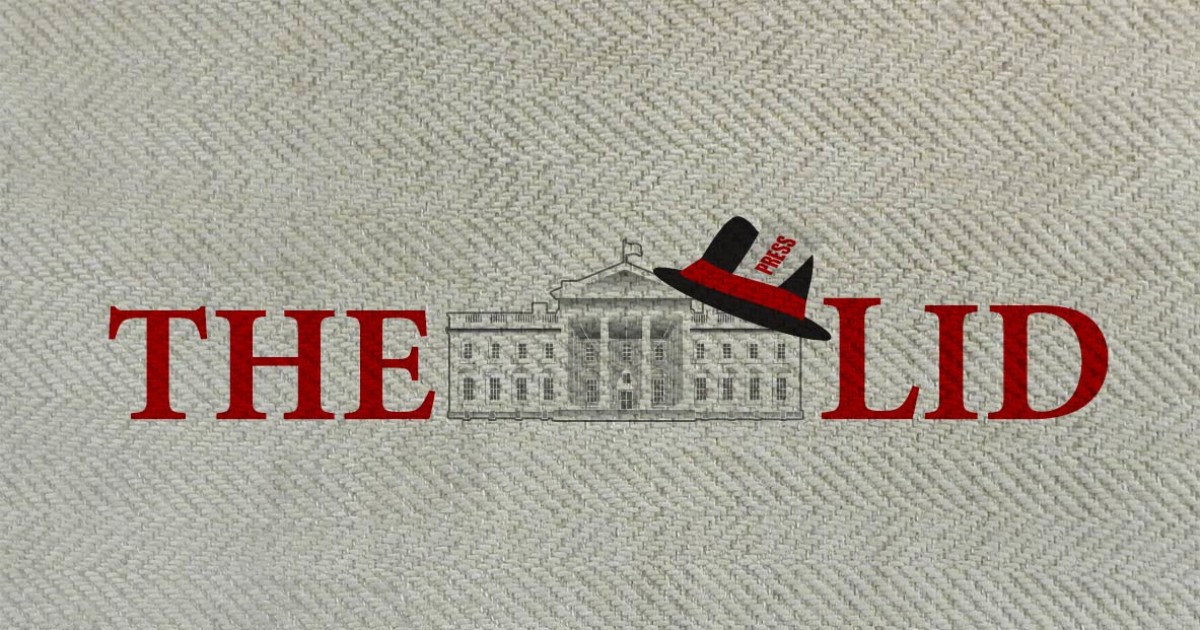On January 8, 2014, the White House posted a controversial video claiming that global warming causes more severe winter cold. Called “The Polar Vortex Explained in 2 Minutes,” it featured the director of the White House Office of Science & Technology Policy (OSTP), , claiming that a “growing body of evidence” showed that the “extreme cold being experienced by much of the United States” at the time was “a pattern that we can expect to see with increasing frequency as global warming continues.” [Editors Note:Holdren also believes Trees should be given standing to sue in courts]
This claim was questioned by many scientists and commentators. (See, e.g., Jason Samenow, Scientists: Don’t make “extreme cold” centerpiece of global warming argument, Washington Post, Feb. 20, 2014 (linking to objection by five well-known climate scientists in the Feb. 14, 2014 issue of Science magazine); Patrick J. Michaels, Hot Air About Cold Air, Jan. 16, 2014 (former state climatologist of Virginia rejected Holdren’s claim))
In April 2014, the Competitive Enterprise Institute (CEI) sent a request for correction of this statement under the federal Information Quality Act, citing peer-reviewed scientific articles debunking it. In June 2014, OSTP rejected this request, claiming that Holdren’s statement was his “personal opinion,” not the agency’s position, and that it thus did not constitute “information” subject to the Information Quality Act, which excludes “subjective opinions” from its reach.
In response, CEI filed a Freedom of Information Act request seeking documents related to the video, its production at taxpayer expense, and OSTP’s rejection of its correction request. Despite having earlier claimed that the video was just Holdren’s personal opinion, not the agency’s, OSTP withheld portions of emails about it as privileged “agency records.” It also refused to produce drafts of its letter rejecting CEI’s request for correction. It withheld two drafts even though they had been shared with an outside professor (and initially even concealed their very existence), and sharing a document with someone outside an agency usually waives any privilege to keep it secret.
After OSTP persisted in keeping these records secret, CEI sued it in federal court in October 2014. This is one of many FOIA lawsuits against the Obama administration, which former New York Times editor Jill Abramson said is the most secretive ever. The Huffington Post says that the “White House denies more FOIA requests than ever” these days.
In February 2016, U.S. District Judge Amit Mehta ruled that OSTP must produce these records, since the emails did not involve privileged agency policymaking, and the drafts of OSTP’s rejection letter had lost their privileged status by being shared with a non-agency employee. OSTP had claimed the professor it was shared with was a neutral consultant, and thus, functionally an agency employee. But the judge ruled that the professor, who is the principal exponent of the idea that global warming is causing more winter cold, was an interested party, not a neutral consultant. Thus, none of the records were privileged under FOIA’s Exemption 5 deliberative process privilege.
When OSTP produced the records on March 4, 2016 (they are at this link), they showed inconsistency in OSTP’s position over time. Although OSTP told CEI in June 2014 that Holdren’s claim was just his personal “opinion,” not “information” that is subject to the Information Quality Act (IQA), this was not the position it originally took in its draft response to CEI’s request back in Spring 2014.
Instead, OSTP described Holdren’s claim in these drafts as “information provided by the government [that] meet[s] ‘basic standards of quality, including objectivity, utility, and integrity,” and constituted “communications from the White House about climate science.” (see pages 1 and 5 of each draft). Accordingly, OSTP argued it complied with the IQA’s standards for the quality of official information.
OSTP may felt, at first, that it had little choice but to concede that Holdren’s statement was information provided by the White House, since it was made in a video posted on the White House web site, and touted on a White House blog.
But OSTP changed its view in its final response, which labeled Holdren’s statement as his “personal opinion.” Perhaps it realized the weakness of Holdren’s argument that global warming causes winter cold. It refused to correct Holdren’s statement, invoking the personal opinion exception in the federal Information Quality Act in its June 6 letter. The agency repeated this claim when it denied CEI’s appeal of that decision, in an August 4 letter from its general counsel Rachael Leonard.
One of the two newly disclosed drafts of the June 6 letter also contains disparaging allusions by its author to some of the respected climate scientists who criticized Holdren’s statement. That draft’s text claims the criticism included “attacks by a few of the usual suspects from the climate-change contrarian/confusionist community.” In response, a comment to the draft from Rutgers’ Jennifer Francis suggested characterizing them as the “disinformation” community. (See pg. 4 of the draft, found at pg. 17 of the 24 released pages.)
The court also ordered OSTP to produce emails without redacting any of their content (as opposed to recipients’ private email addresses and contact information). These emails are odd in light of OSTP’s subsequent position that Holdren’s claim was merely his “personal opinion,” since they show taxpayer resources being used to produce the video that broadcast his statements, since a government “contractor” was used to produce the video in question. They also were exchanged among 17 federal employees working in multiple agencies (including NASA, the OSTP, and other White House offices).
The once-redacted material now released suggests that Holdren’s position was shared by at least one other White House employee, whose email advocates that “we should make surewww.whitehouse.gov/climate-change [which they link to at the end] has something on extreme weather events like polar vortex.” (See Jan. 8 email at 9:34 a.m.) It also shows efforts to try and round up scientists to weigh in on this topic. (See Jan. 8 email at 9:32 a.m.)
The released material is not highly sensitive. So one wonders why the government bothered to redact it in the first place—and fought its release in court for over a year. Upon assuming office, Holdren’s boss, President Obama, and his attorney general, Eric Holder, issued guidance telling agencies not to withhold information just because they can, or based on technicalities, and to err on the side of disclosure, rather than secrecy. As Holder once noted, “On his first full day in office, January 21, 2009, President Obama issued a memorandum to the heads of all departments and agencies on the Freedom of Information Act (FOIA). The President directed that FOIA ‘should be administered with a clear presumption: In the face of doubt, openness prevails.’”
But that commitment to transparency has been flouted throughout the government, especially in Holder’s own Justice Department. In March 2014, the Associated Press reported that “more often than ever, the administration censored government files or outright denied access to them last year under the U.S. Freedom of Information Act [FOIA].” Similarly, The Wall Street Journal concluded that this is “the least transparent administration.” The situation has continued to worsen in 2014 and 2015, according to the Associated Press.
It is hard to fathom why some of the redacted information, which would reveal nothing sensitive about government policymaking, was withheld. The federal government must have spent thousands of dollars’ worth of attorney time unsuccessfully fighting to keep it from being disclosed. For example, a January 7 at 9:17 p.m. email from White House staffer Nathaniel Lubin to several White House and OSTP staffers redacted as privileged the number “836431812” in the URL https://vimeo.com/83643182. This seems too trivial to warrant spending government employee time redacting it, especially from a communication about a video that allegedly just expressed the “personal opinion” of an agency official.
A potential explanation for all this is that OSTP’s Polar Vortex video was originally produced and posted not as the personal opinion of the agency’s director, but as an agency project. OSTP sought, and succeeded, in getting widespread news coverage for the film. But once its inaccuracy became clear, the agency invoked the personal opinion excuse as a way of avoiding accountability, and it did its best to maintain that façade even if it meant going through time-consuming and expensive litigation.






